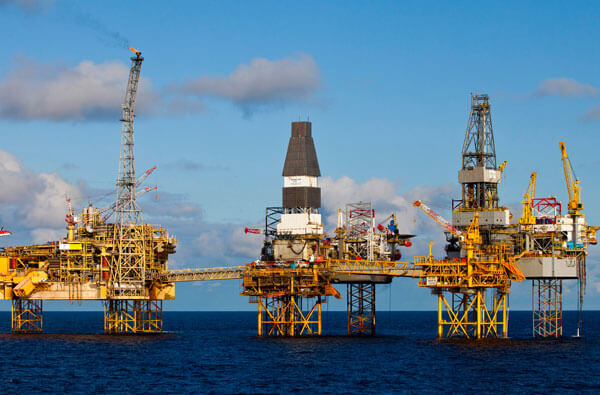Oil and Gas Extraction Industry
DDetail

The oil and gas extraction industry involves the exploration, drilling, production, and refining of crude oil and natural gas resources. Here's a brief overview:
The oil and gas extraction industry is responsible for locating, extracting, and processing crude oil and natural gas deposits from underground reservoirs. It encompasses a range of activities, from geological surveys and exploratory drilling to well completion, production operations, and transportation of petroleum products.
Oil and gas extraction begins with geological surveys and seismic studies to identify potential hydrocarbon reserves beneath the Earth's surface. Once a promising site is located, drilling rigs are used to drill exploratory wells to assess the size and quality of the reservoir.
If the exploratory drilling confirms the presence of commercially viable oil or gas deposits, production wells are drilled to extract the hydrocarbons. Various extraction techniques, including conventional drilling, hydraulic fracturing (fracking), and enhanced oil recovery (EOR) methods, may be used depending on the geology and characteristics of the reservoir.
Once extracted, crude oil and natural gas are transported to processing facilities, refineries, or distribution centers via pipelines, tanker ships, or other means of transportation. At processing facilities and refineries, crude oil undergoes refining processes to separate and purify different components, such as gasoline, diesel, jet fuel, lubricants, and petrochemicals.
The oil and gas extraction industry is a major global sector that provides essential energy resources for transportation, heating, electricity generation, and industrial processes. It plays a crucial role in supporting economic development, driving industrial growth, and meeting the energy needs of societies worldwide.
However, the oil and gas extraction industry also faces challenges, including environmental concerns, health and safety risks, regulatory compliance, and market volatility. Environmental issues associated with oil and gas extraction include air and water pollution, habitat destruction, greenhouse gas emissions, and the risk of oil spills and accidents.
Efforts to address environmental impacts and promote sustainable practices in the oil and gas industry include the adoption of cleaner technologies, stricter regulations, and investments in renewable energy alternatives. Many companies are also exploring opportunities for carbon capture, utilization, and storage (CCUS) to reduce emissions and mitigate climate change risks.
Overall, the oil and gas extraction industry plays a vital role in global energy supply and economic development, but it faces increasing pressure to transition towards cleaner, more sustainable energy sources and practices in response to environmental and climate concerns.